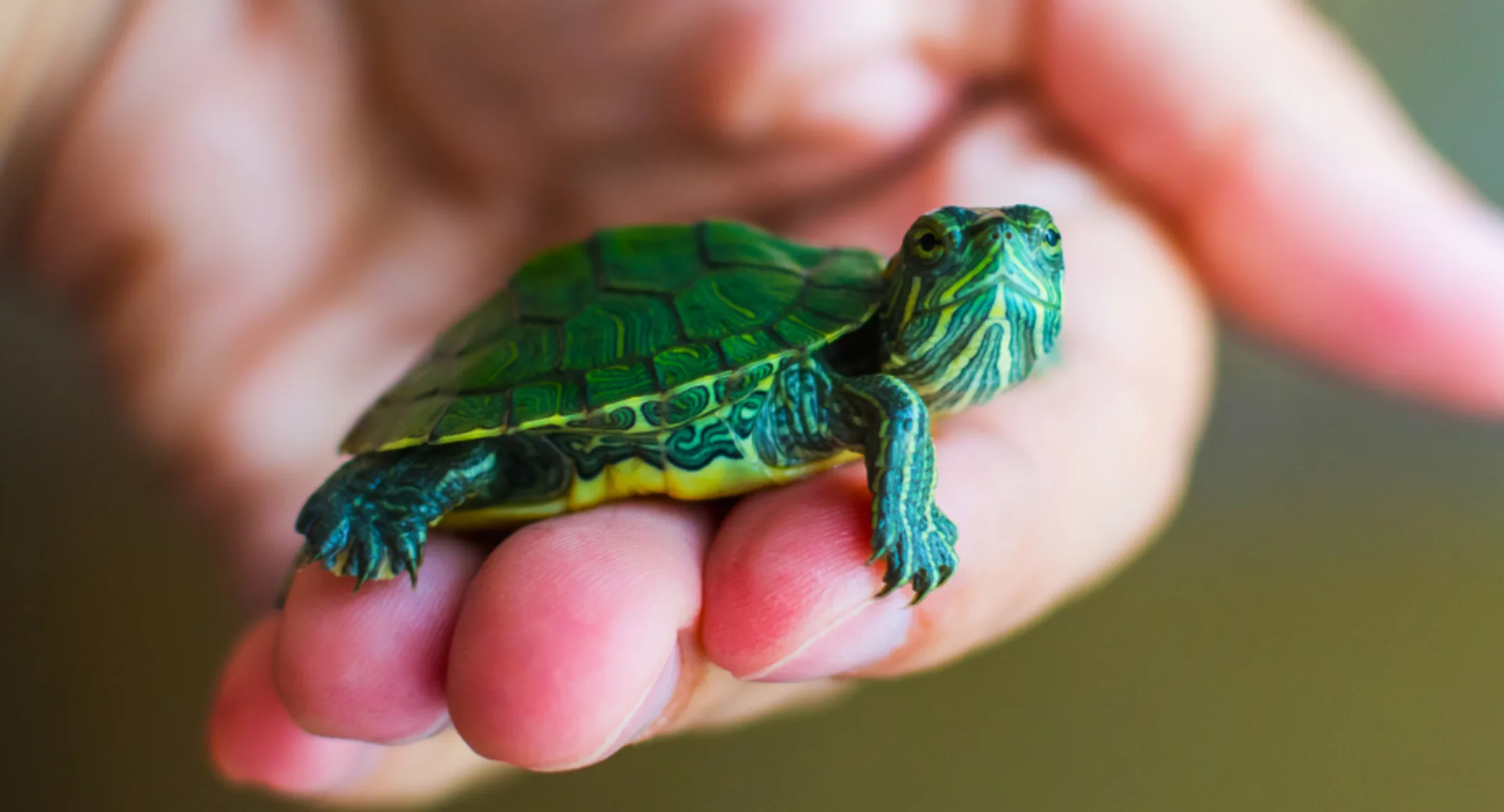Warm Weather Tips for Exotic Pets
Exotic Animals

JUL 26, 2016
When the weather turns nice, most pet owners like to bring their pets outdoors to enjoy the warm sunshine and pleasant breezes. This is also true for owners of birds, reptiles, and small mammals. Here are a few warm weather tips for exotic pets so everyone stays safe and healthy.
TURTLES & TORTOISES
Sunbathing
Turtles and tortoises can benefit from the natural UVB rays that the sun provides. Just like in humans, UVB radiation allows for the production of vitamin D3. This vitamin is essential for absorption of dietary calcium through the intestinal tract. Allowing these reptiles to soak up natural sun rays for a few hours per day can help prevent the development of nutritional secondary hyperparathyroidism. Also referred to as “metabolic bone disease,” hyperparathyroidism is a common and life-threatening condition in captive reptiles due to an imbalance of calcium, phosphorous, and vitamin D3.
Supervision
Despite a reputation for being slow, many turtles and tortoises can disappear into neighboring lawns or woods quickly. It is essential to supervise your pet closely whenever it is outside.
Temporary outdoor enclosures include:
Plastic kiddie pools
Wooden boxes
Large plastic tubs
Portable dog fences
These can be used to allow your pet to spend an hour or two outside, but are not a substitute for close monitoring! Clever pets may still be able to escape these temporary habitats. Shade should always be provided over a portion of the enclosure to allow the turtle or tortoise to escape the heat if needed.
More permanent outdoor enclosures would look more like this:
Wire sides and a wire or screen top to prevent predation or attack from birds of prey, raccoons, and neighborhood dogs.
The wire sides should be buried into the ground 1-2 feet if possible to prevent your pet from digging out or a predator from digging into the enclosure.
All outdoor enclosures should contain a hiding area with shade so that your pet can escape the heat on very sunny and warm days, fresh water, and plants safe for consumption. A large, shallow container of water that your tortoise or turtle can easily climb into and out of to soak is preferred.
BIRDS
Feathered family members may also enjoy spending a few supervised hours outside in the sunshine once temperatures exceed 75˚F. Many owners transport their parrots outside in medium to small metal bird carriers. Carriers with metal bars allow for better ventilation than acrylic or plastic-sided carriers. A carrier with space for 1-2 perches, a toy, and food and water bowls is preferred. An example is the aluminum travel carrier made by King’s Cages (www.kingscages.com). Birds should also be offered shade over a portion of the cage so that they do not over-heat. The bird should be secured inside the carrier before leaving the house to prevent accidental escape and loss of your pet. Some birds can be harness trained and brought outside on harness and leash. It is important to remember that birds can slip out of the harness and fly away. Furthermore, harnesses and many transport cages provide little to no protection from predators such as neighborhood cats and dogs or wild animals. For these reasons, birds should always be supervised when outdoors. If you are worried about the risk of escape, talk to your avian veterinarian about wing trimming to prevent flight and microchipping in case your bird is lost.
If your backyard is large enough, an outdoor aviary can be built to allow your pet a place to exercise and fly, sunbathe, and preen his or her feathers. During construction, pay special attention to the materials used as some hardware can contain toxic metals including lead, zinc, and copper. These materials should be avoided to prevent toxicity in your pet.
OTHER PETS
Other exotic pets, including rabbits, ferrets, and guinea pigs, may enjoy spending time outside in the warm weather. Again, supervision is required to keep your pet safe. Herbivores, such as rabbits and guinea pigs, should only be allowed to forage in areas of the yard where pesticides and other chemicals are not used. Rabbits and guinea pigs often enjoy nibbling on dandelion leaves, clover, chickweed, and calendula. It is important to note that some natural plants can be toxic to our pets. For more information on toxic plants, visit Cornell University's website.
We do not recommend permanently housing small mammals outdoors due to the risk of injury from the following:
Predators such as raccoons
Heat stroke
Parasite infection
Other diseases
GENERAL CONSIDERATIONS
Pets that are allowed outside may have increased exposure to:
Mosquitoes
Fleas
Ticks
Mites
Flies
In addition, animals that forage outside for food may be exposed to a variety of gastrointestinal parasites. Veterinary wellness exams are recommended every 6-12 months for exotic pets that spend time outdoors. Fecal evaluation and deworming may be required on a regular basis for some pets. Your veterinarian may also discuss the use of flea and tick preventatives in exotic companion mammals, as well as heartworm prevention in ferrets. Some medications used for parasite control in dogs and cats can be toxic to birds, reptiles, and exotic companion mammals. Consult a veterinarian before applying these medications to your exotic pet.
For more information about the Red Bank Veterinary Hospital Avian & Exotics Department, visit our website or call (732) 747-3636.
